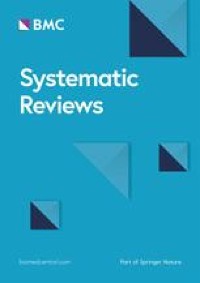Abstract
Purpose
To assess the pattern of treatment failure in patients with prostate cancer (PCa) treated with radiotherapy (76–80 Gy) ± hormone therapy (HT). We also evaluated the influence of treatment failure on survival outcomes.
Methods
Retrospective study of patients with PCa (n = 302) treated with radiotherapy (RT) ± HT at our centre between November 1999 and July 2007. The mean patient age was 70.2 years (range 51–87). Distribution by NCCN risk group was low (n = 80, 26.5%), intermediate (n = 86, 28.5%), high (n = 77, 25.5%), and very high (n = 49, 16.2%). Most patients (n = 273, 90.4%) received IMRT at a dose of 76–80 Gy. HT was administered in 237 patients (78.5%), in most cases (n = 167, 55.3%) for < 7 months
Results
Survival rates at 10 years were: overall survival (OS), 64.3%; biochemical disease-free survival, 83.9%; disease-free survival, 92.5%; and metastasis-free survival (MFS), 94.3%. Biochemical failure (BF) was observed in 55 cases (18.2%), 32 of whom subsequently developed clinical recurrence: metastasis (n = 17, 5.6%), local failure (n = 11, 3.6%), and regional failure (n = 4, 1.3%). The cause of death (n = 159) was intercurrent disease in 115 cases (72.3%), second cancer in 27 (17.0%), and PCa in 17 (10.7%). Biochemical failure-free survival ≤ 24 months was significantly associated with worse OS and MFS (p = 0.0001). Late genitourinary and gastrointestinal toxicity grade ≥ 3 (RTOG) was observed in 18 (6.0%) and 7 (2.3%) patients, respectively.
Conclusions
The main type of treatment failure after 76–80 Gy of radiotherapy ± HT is local or metastatic. In all cases, biochemical failure occurred prior to treatment failure. BF within 24 months of treatment completion was significantly associated with worse OS and MFS.





